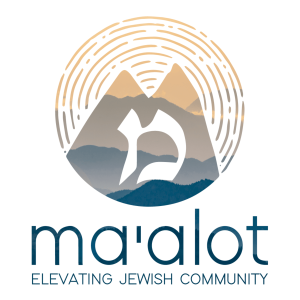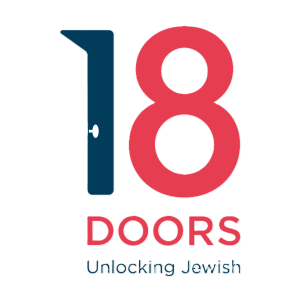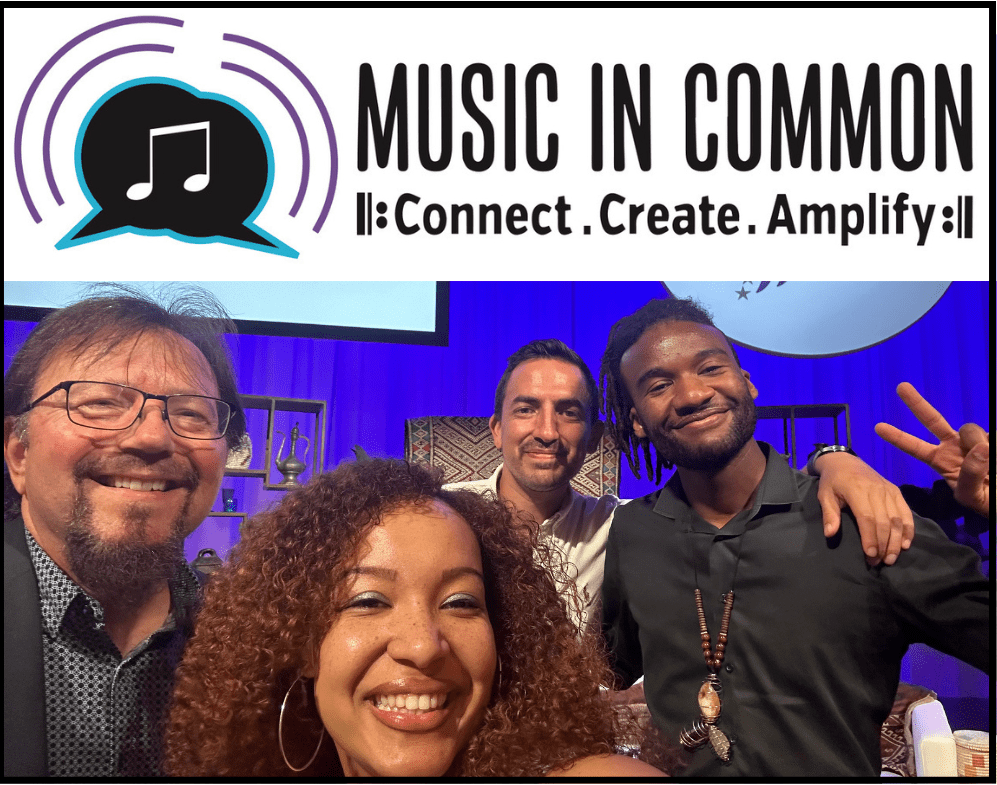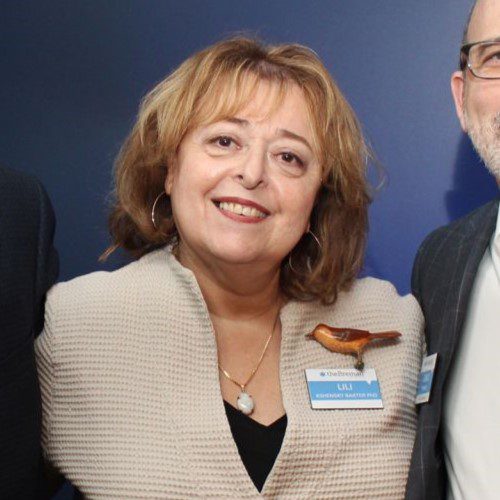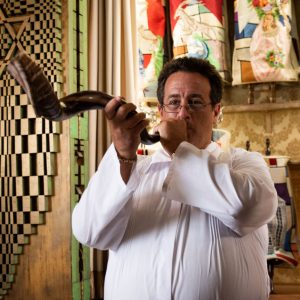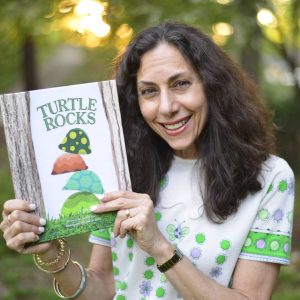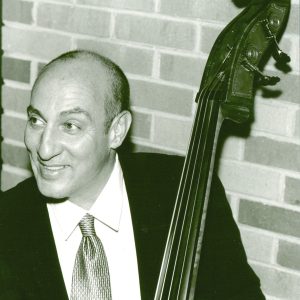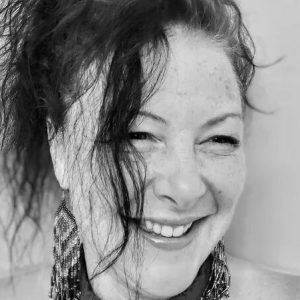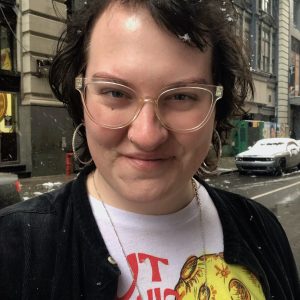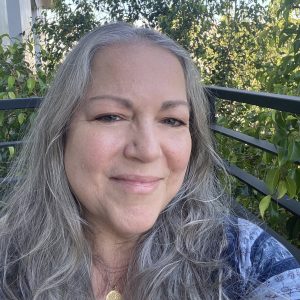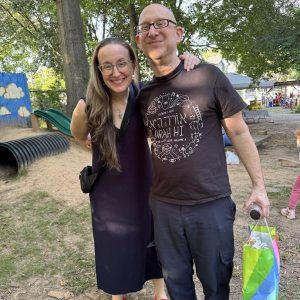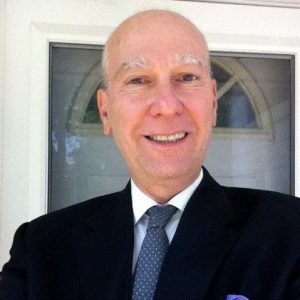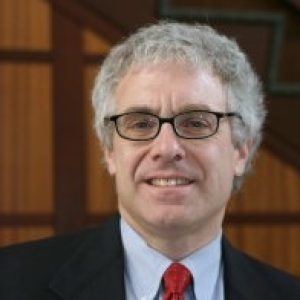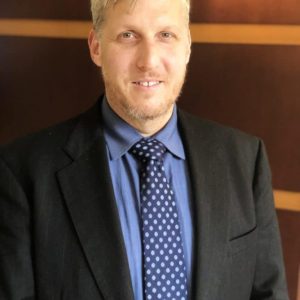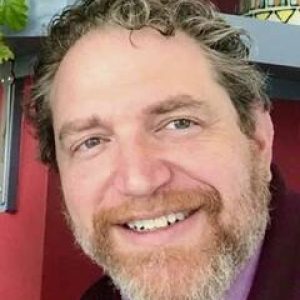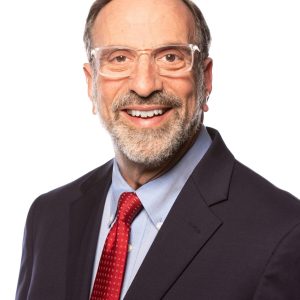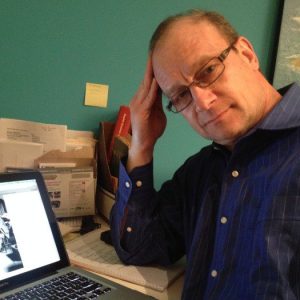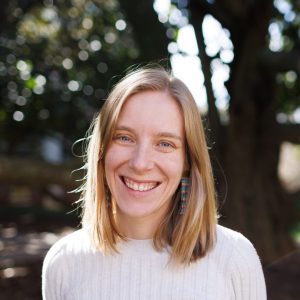MaNishma with Rabbi Arnold Goodman
The Two New Moons
By Rabbi Arnold Goodman
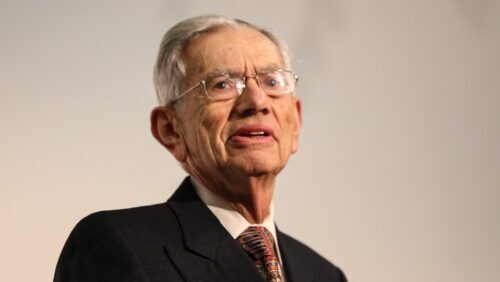
Each of the five biblical festivals: Pesach, Shavuot, Rosh HaShanah, Yom Kippur and Succot. is dated according to the phases of the moon but only Pesach and Succot are celebrated on the full moon. Under a full moon our liberated ancestors exited from Eypt, and under a full moon we will soon gather at our Seder tables to celebrate this cardinal event in our history thereby reaffirming the challenge and the joy of being part of our historic community.
The Haggadah reminds us that in every generation there were those who sought to harm us, but by the grace of God we continue to survive. Yet as we recount the story of our liberation and our persistent survival, we do take note of the suffering of other peoples and communities, and this year focus will be on the horrors being perpetrated in Ukraine. Pesach's central message, however, reaffirms and celebrates our Jewish identity.
Succot, the other full moon festival, celebrates universalism. The Rabbis noted that during the seven-day festival a total of seventy bullocks were sacrificed in the Temple as a prayer for all humanity. (In the Rabbinic worldview there were but seventy nations in addition to ours.) It was on the following one-day festival (Shemini Atzeret) that only one bullock was sacrificed on our own behalf. We rightly celebrate our uniqueness, but we are never to lose sight that we are part of humanity; on Succot we pray that all humankind will be blessed with God's beneficence.
The two full moons complement one another. Even, as on Succot, when we recognize God's concern for all humankind, there are instances when we also celebrate our uniqueness and recall the Exodus from Egypt, so, too, on Pesach as we celebrate our deliverance from slavery, we reaffirm, through appropriate readings and discussions, our concern for the welfare of all humanity. May we continue to celebrate our Jewishness even as we embrace and are embraced by all with whom we share the Succah of God's blessings.











